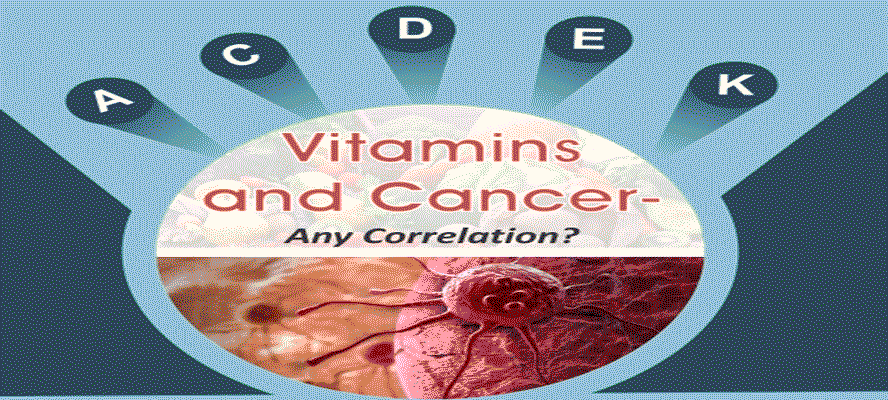It is not often that one thinks about how the food we eat (or don’t eat) can impact the development of cancer in our body. Exposure to carcinogens found in the environment or food as well as radiation and some infections are known causes of Cancer. Yet, what we intake as nutrients also have roles to play in prevention, or promotion, of cancer.








